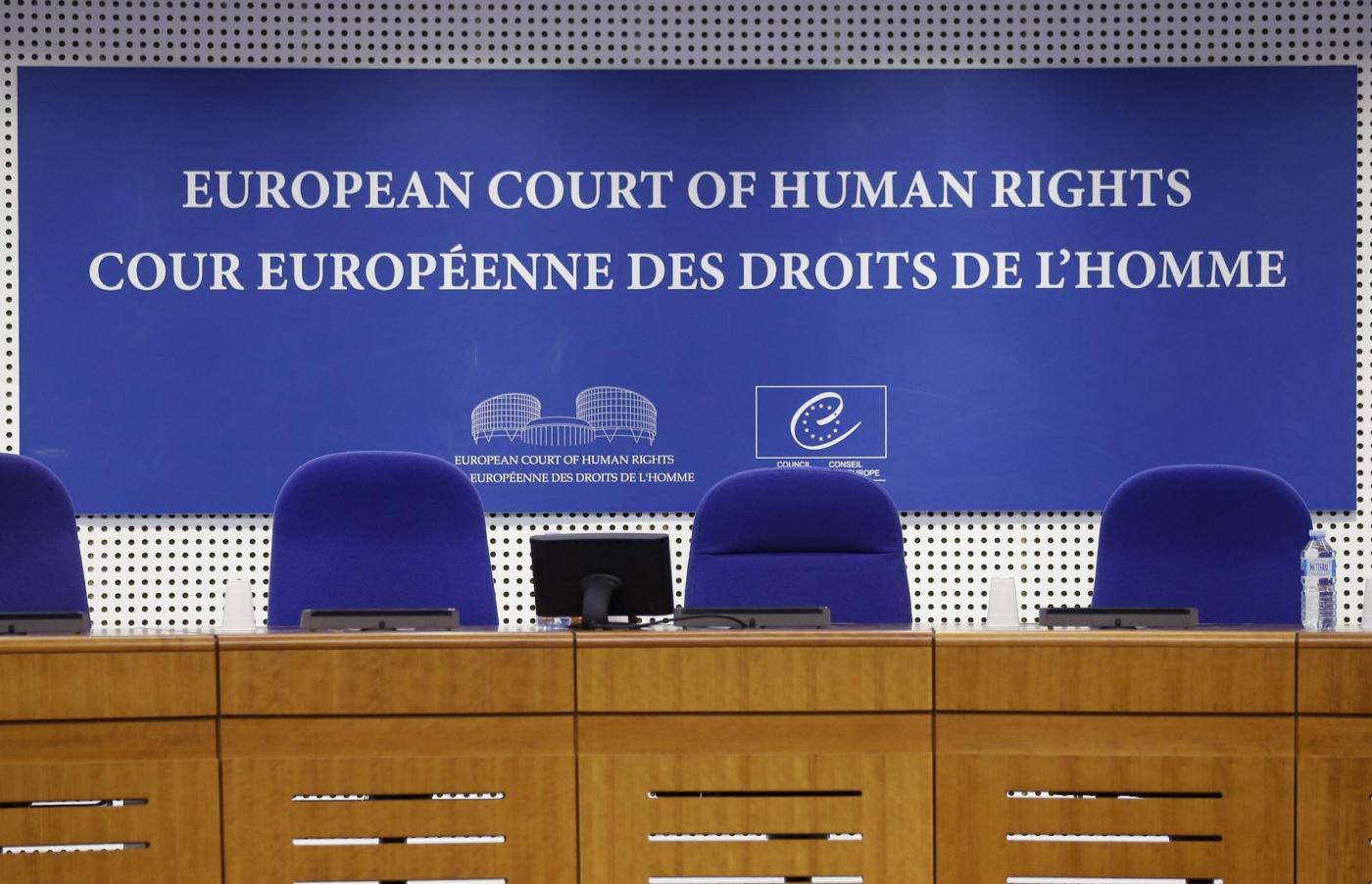On 21 July 2022, the European Court of Human Rights (ECtHR) gave its judgment on the case Darboe and Camara v. Italy (Application no. 5797/17). The applicant, Mr. Darboe, is a Gambian national who arrived in Italy in 2016 and declared to be an unaccompanied minor and his will to apply for international protection. The case concerns his placement in a reception facility for adults and the age assessment procedure. Initially, the case also included a second applicant, Mr. Camara. However, due to his unknown whereabouts, the Court struck his application out.
The Court firstly assessed Italy’s positive obligations under Article 8 of the Convention. Regarding the applicant’s procedural rights during the age assessment procedure, the Court acknowledged there were guarantees for unaccompanied minor asylum-seekers under domestic and EU law. According to the ECtHR, the Italian authorities failed to provide the applicant with a legal guardian or representative, even after he expressed his will to apply for international protection. In regard to the applicant’s right to information, the Court held that the applicant had not been served the medical report nor a decision that established his adult age and that no information was provided to him concerning the outcome of his application for a legal guardian. In addition, the Court stressed he was not afforded the necessary tools to file an asylum request and was placed in an overcrowded adult reception centre for more than four months. For these reasons, the Court considered that the applicant did not benefit from the minimum procedural guarantees and that his placement in the adult reception centre must have affected his right to personal development and to establish and develop relationships with others. In addition, the ECtHR found that the Italian authorities failed to apply the principle of presumption of age and reiterated that this is an inherent element of the protection of the right to respect for the private life of unaccompanied declared minors. Consequently, the Court concluded that the authorities had not acted with reasonable diligence and did not comply with their positive obligation, and thus there had been a violation of the applicant’s right to private life as guaranteed in Article 8 ECHR.
Furthermore, the Court addressed Article 3 of the Convention in relation to the conditions in the adult reception facility of Cona where the applicant was placed for more than four months, even after he declared himself as a minor. The Court held that the evidence confirmed that the centre was overcrowded, there were insufficient services and difficulties in accessing medical care. The asylum applicant was only transferred to a minor migrant centre after the ECtHR applied Rule 39 of Rules of Court to oblige the government to transfer him to facilities where his reception conditions as an unaccompanied minor could be ensured. Taking into account the length and conditions of the applicant’s stay in the adult reception facility, the Court concluded that he had been subjected to inhuman and degrading treatment and thus Italy had breached Article 3 ECHR.
Finally, the Court found there had also been a violation of Article 13 ECHR taken in conjunction with Articles 3 and 8 of the Convention due to the unavailability of remedies at the national level to complain about his reception conditions in Cona and the ineffectiveness of the remedies that the applicant could use with respect to his age-assessment procedure.
ECRE, the AIRE Centre, and the Dutch Council for Refugees intervened in this case.

